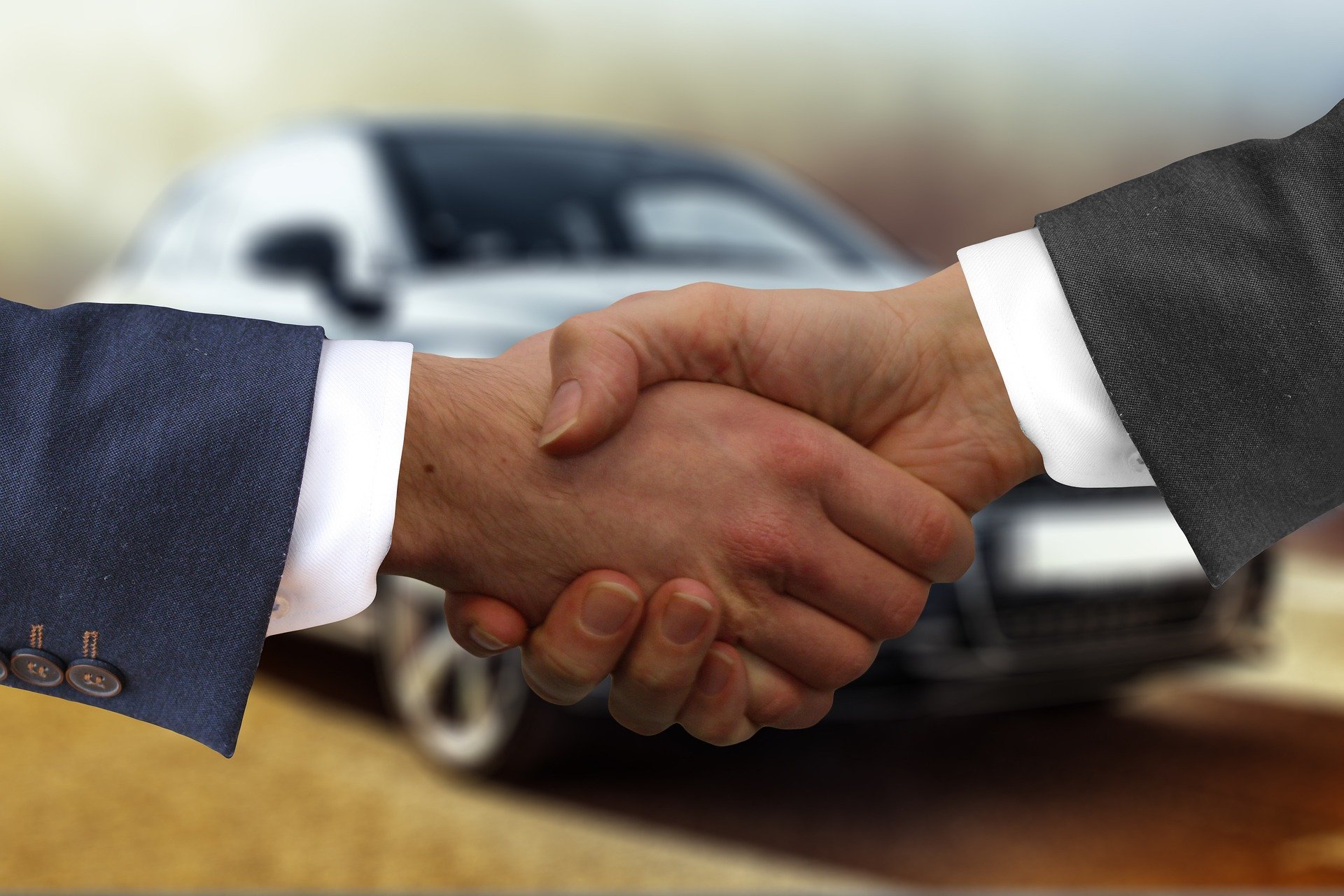Leasing - renting instead of buying

How does leasing work?
How does insurance work? What costs are involved and do you have to pay the repair costs yourself in the event of an accident? Would you like to invest in a new or used car? Or would you prefer to buy a leased car?
What does leasing mean?
Basically, leasing can be compared to renting. You use the car for a monthly instalment and this for about 2 to 4 years. In some contracts, you have the option of buying the leased car at the end of the contract period.
What to look out for in a leasing contract
Early termination is not possible with leasing contracts. You must return the car at the end of the contract period if there is no purchase option.
What costs should I expect?
You will have to make a down payment at the beginning. The amount of the down payment is often between 10 and 30 percent of the value of the new car.
The amount of the leasing instalment always depends on the vehicle model, the equipment, the new price and the make of the car. One of the cheapest leasing rates is around 65 euros for a Peugeot 108.
Do I need additional car insurance?
Yes, usually car insurance is not part of a leasing contract. You must take out motor third party liability insurance and fully comprehensive insurance. Unless you conclude an all-inclusive leasing contract. In this leasing model, car insurance is included.
Who pays the vehicle tax?
As the vehicle owner, you have to pay the vehicle tax for your leased car. Here, too, there is an advantage with all-inclusive leasing. With such a contract model, the costs for the vehicle tax are taken over.
Mileage leasing
If you have a kilometre leasing contract, the basis of the contract is the kilometres driven. You should be able to estimate how many kilometres you drive each year. The monthly instalment is therefore calculated on the basis of usage. The more kilometres driven, the higher the leasing rate. Many kilometre leasing contracts are flexible and you can change the number of kilometres during the contract period. However, this change is subject to additional charges.
With a limit of up to 2,500 excess kilometres driven, many lessors are accommodating and you do not have to expect any additional charges. However, you should discuss this with your lessor before signing the contract.
Residual value leasing
With residual value leasing, the value of the car at the end of the contract is determined at the beginning of the contract. The higher the residual value, the lower the monthly leasing instalment. At the handover, an expert is called in to determine the value of the car. With this contract model, you have to reckon with unforeseeable risks. If the image of the car manufacturer whose car you have leased is damaged, the value of the car can drop rapidly, for example because of driving bans or political decisions.
Advantages
- Rate usually cheaper than credit for car purchase
- Tax advantages for business people, since the expenses can be deducted
- Hardly any wear-and-tear repairs are required, as most cars are new or very good used cars
- Car always up to date
- Regular vehicle changes possible
- No or low advance payment
- Return or purchase possible
Disadvantages
- Car remains the property of the leasing company
- Limited use (due to kilometre leasing)
- Additional payments are possible on return
- No flexible cancellation period
- Scope of insurance cannot be determined
- Vehicle must be maintained
- Regular servicing must be carried out
Whether leased or purchased, with us you can always park your car safely and securely at Berlin Airport before going on holiday. We wish you a pleasant journey.



